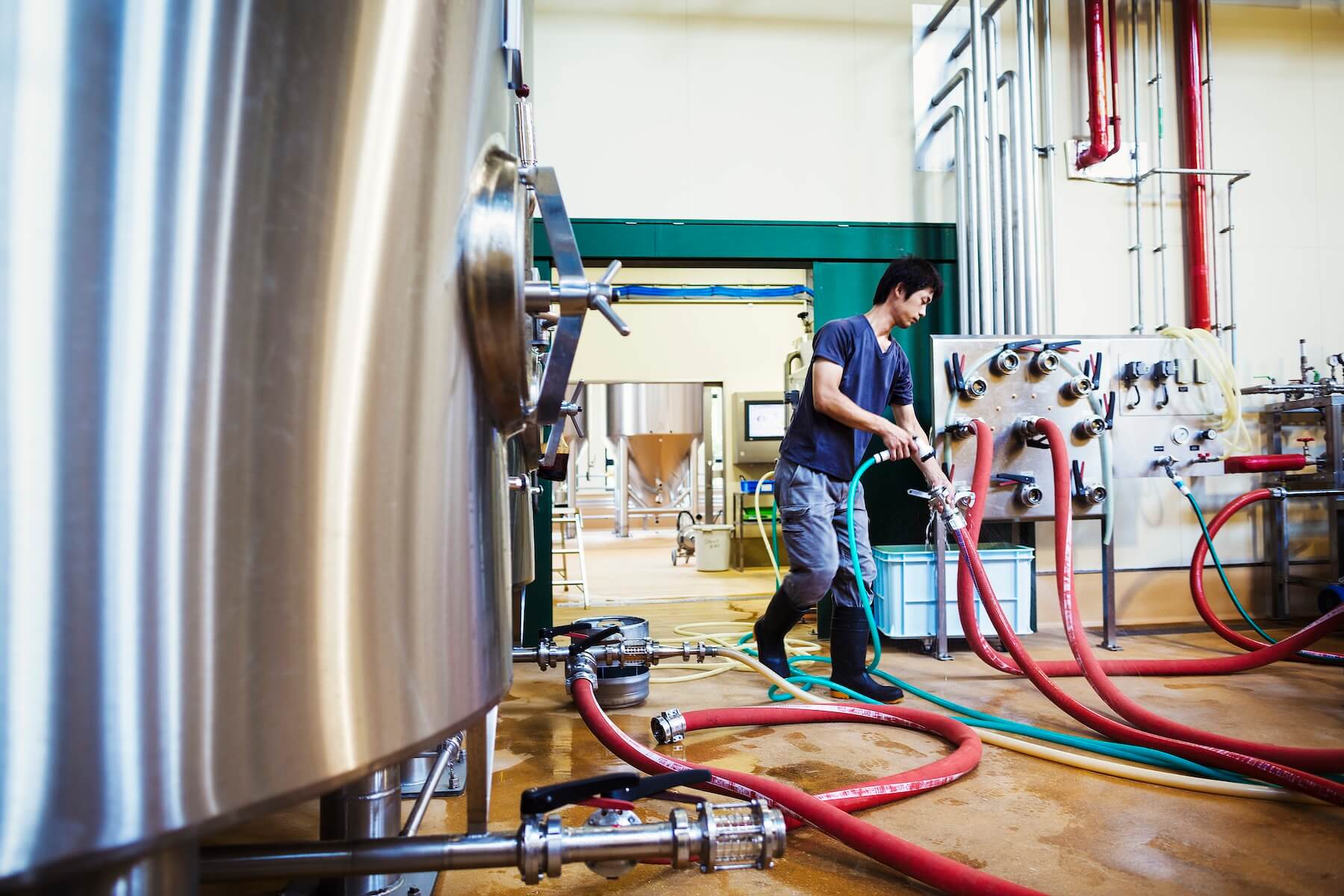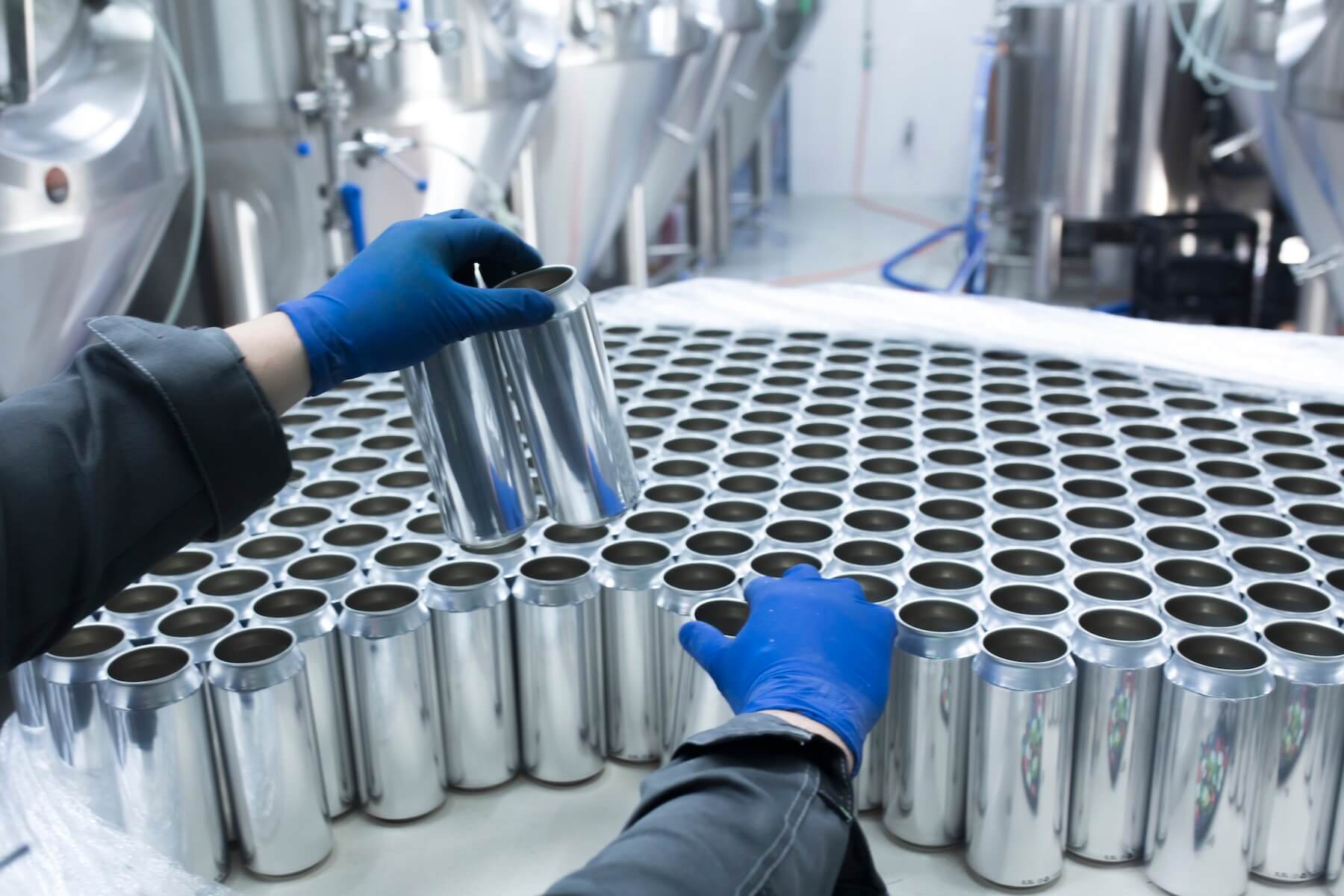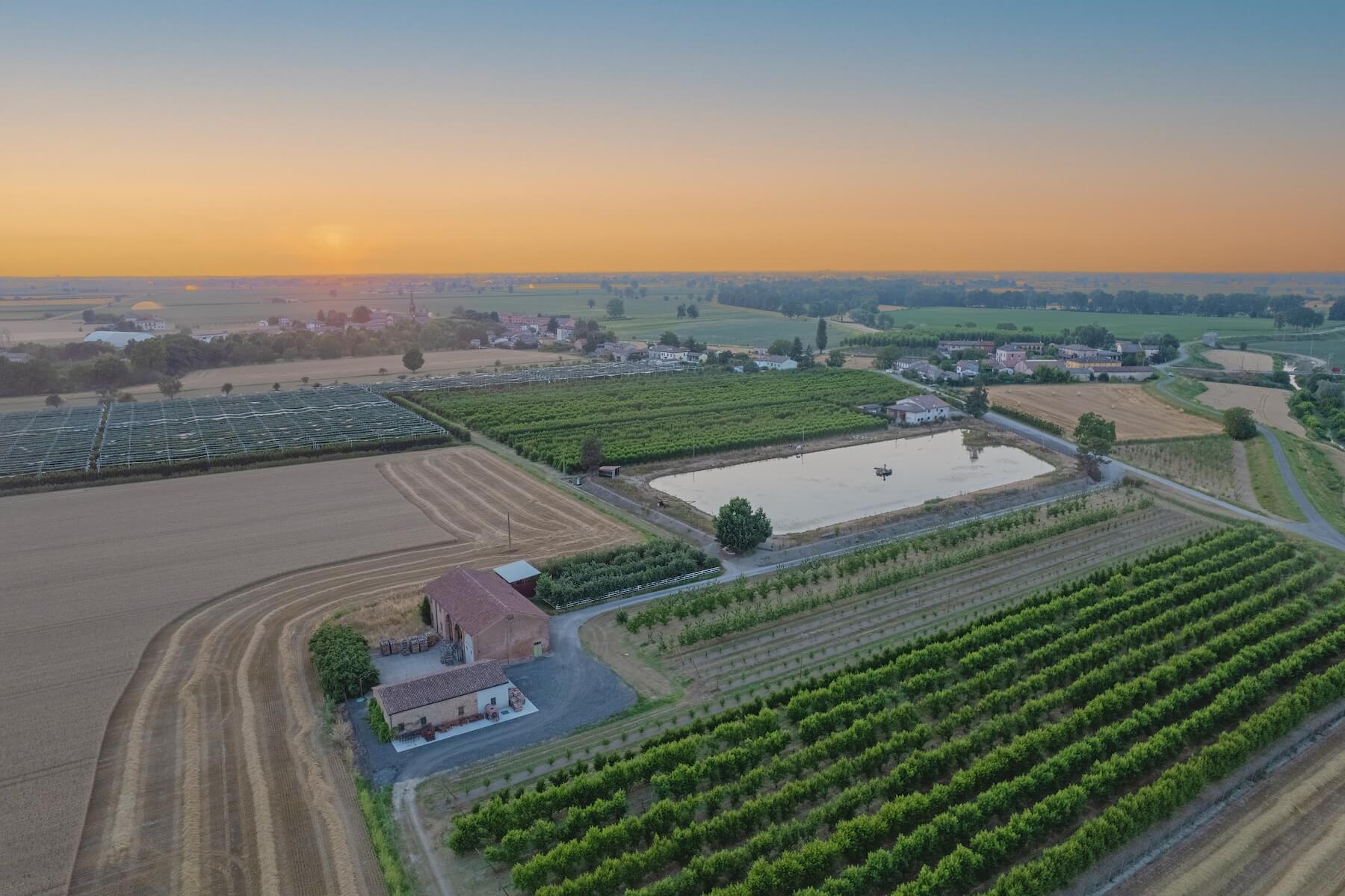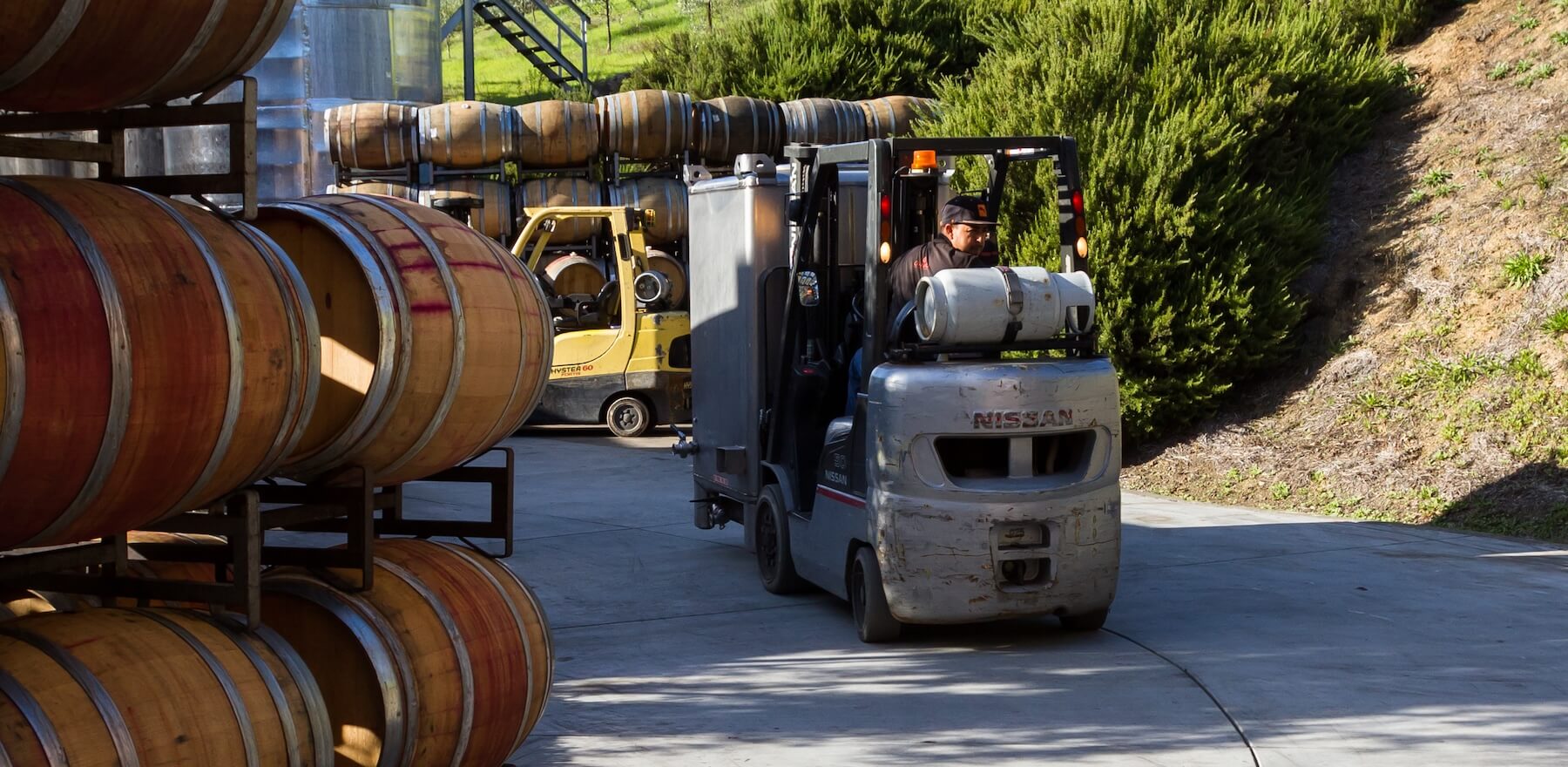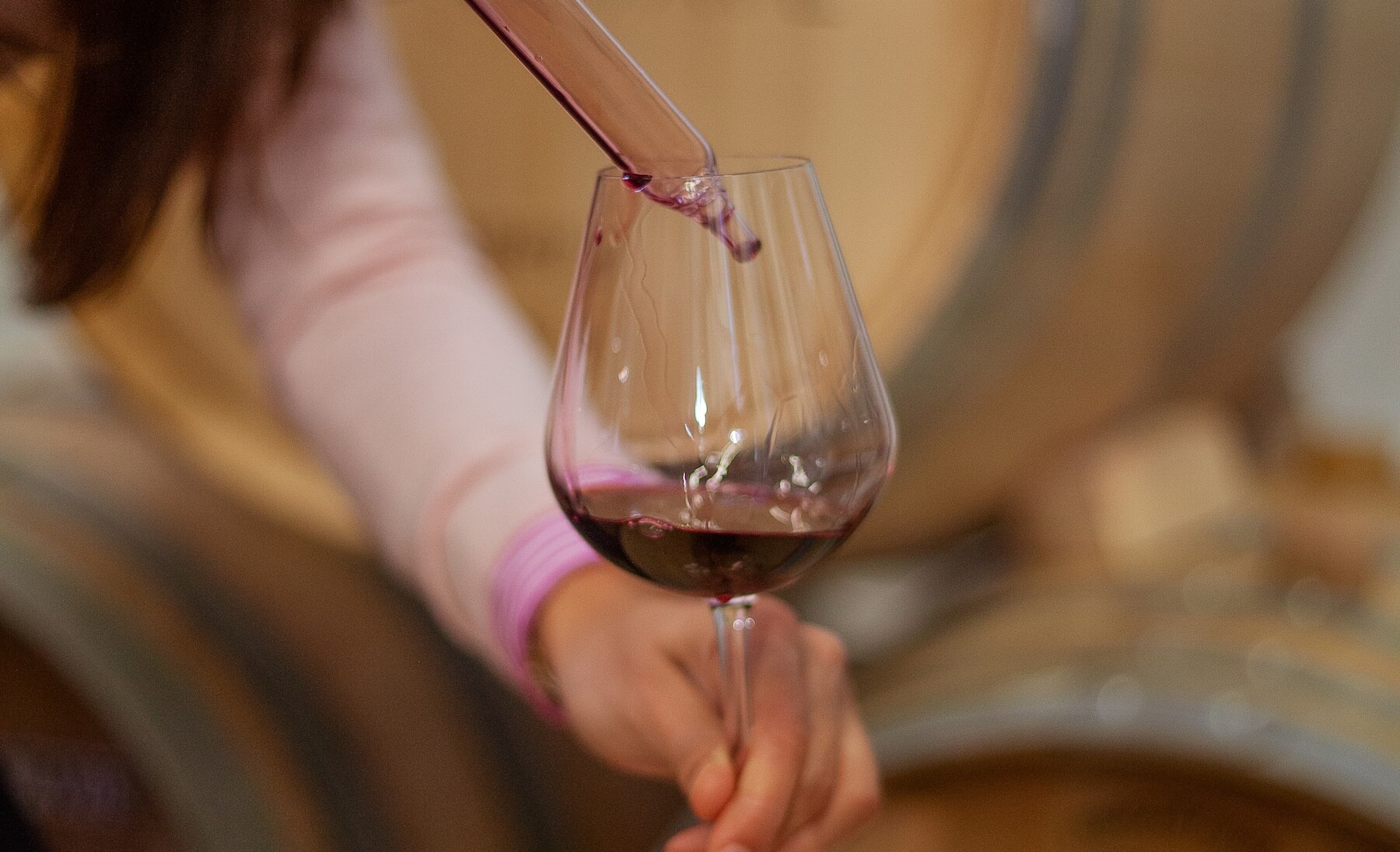2023 has been a tough year for craft brewers. A tough year on the heels of two other tough years. Sales are flatlining, production is down, “the industry has matured,” as one might say if they really wanted to get out of a conversation at a cocktail party.
It’s true: the rise of spirits, canned cocktails and healthful beverages (or at least those perceived as more healthful), and the continuing struggles of tight margins, uncertain labor markets and supply chain hiccups have all taken their toll.
But, as always, entrepreneurs find a way. We’re seeing more and more brewers lean into revenue diversification tactics in order to shore up cash flow, drive brand awareness and ultimately, find new ways to connect with consumers.
Sometimes, this looks like product line expansion, as is the case with Crafted ERP customer Maui Brewing Company. As COO and president Scott Metzgar explained, “Our product offerings now span across beer, seltzer, spirits, RTDs, sodas and coffee. This diversification gives us multiple entry points to begin customer relationships, as many of these customers span multiple categories.”
I would say this strategy is working. Craft ‘Ohana, the parent company of both Maui and Modern Times Beer + Coffee, was recently named the #28 craft beer producer in the country based on sales volumes.
For brewers selling highly specialized products, however, that tactic doesn’t always fly. Curious to learn what type of revenue diversification makes sense in those cases, I recently jumped at the chance to moderate a panel called “Beer & Beyond: Diversifying and Innovating for Growth” at Denver Startup Week. With a panel including true vanguards of the industry, I knew we’d hear the real stories, challenges and triumphs behind making a successful go at brewing and selling beer in Colorado and well beyond – and we did.
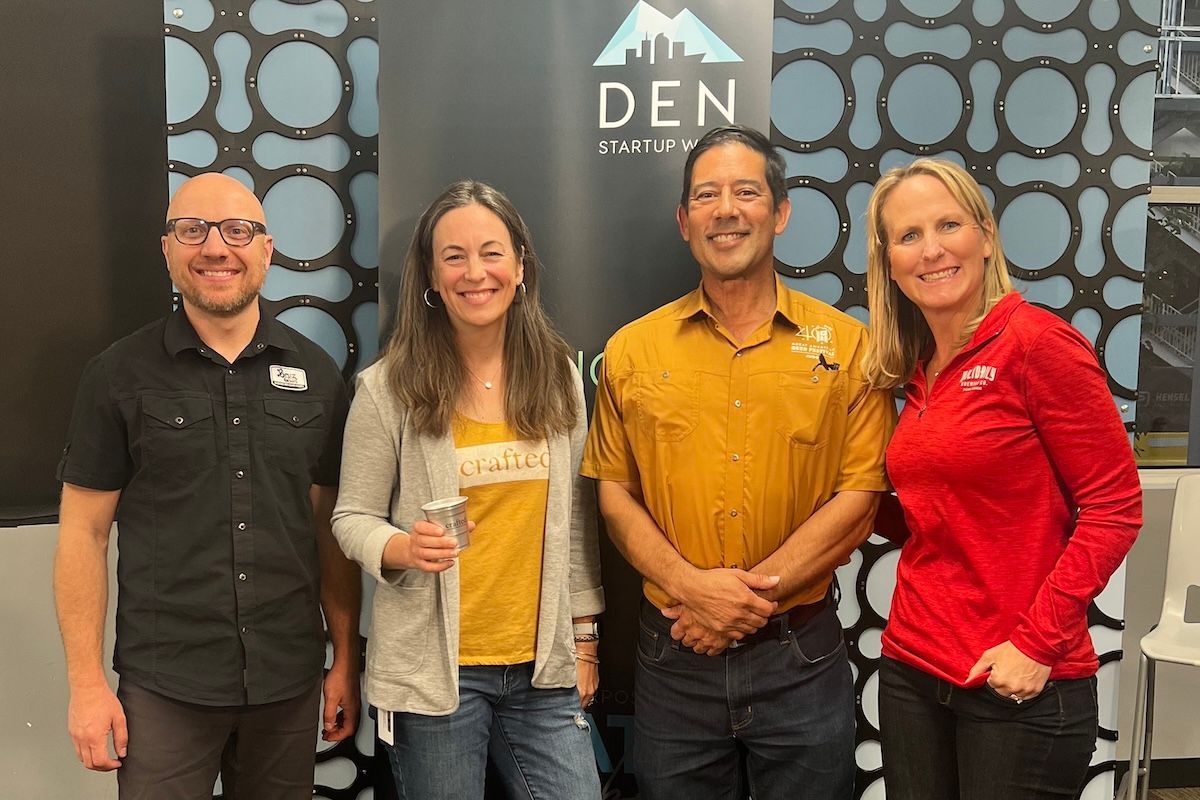
THink Outside the Taproom
One of the panelists was Karen Hertz, founder and chief brewista at Holidaily Brewing Company in Golden. Founded in 2016, Holidaily is the largest gluten-free brewery in the country and the only certified as woman-owned. Karen’s take on success, which she credits her MBA program at University of Colorado Denver with instilling in her, is to “pick a lane and be the best in it,” and then “utilize your network to fill in the gaps,” wherever they may be.
While the success of Holidaily has certainly validated this approach, Karen is also rapidly expanding her reach as the named partner for Celiac Cruise, a luxury gluten-free vacation provider. She has been able to invite investors on trips so they can witness firsthand the joy that families and individuals struggling with Celiac experience in a truly gluten-free environment. Further, she notes that the opportunity allows for global brand exposure and the opportunity to build relationships. Plus: it’s fun. “I hope it continues forever and ever, because it is definitely a perk for all the hard work that goes into every other thing that we do.” Win, win.
Ryan Evans, co-founder and CEO of Bruz Beers in Denver, echoed Karen’s statements. Bruz specializes in Belgian beer – and Belgian beer only. Meaning that when the time came to have gluten-free beers in the taproom, Bruz became one of the hundreds of taprooms around the country that stock Holidaily. As Ryan said, “people connect with that brand,” meaning by serving Karen’s brews, he can remain “kind of spoiled because we can focus on what we love to do. And that’s the Belgian style.”
Similar to Holidaily and just about every other brewery in the world, Bruz had to pivot during COVID. Ryan went from “not even being able to spell ‘canning’” to diving headlong into the wholesale side. “It saved our company; it saved our employees and it allowed us to continue to create jobs,” Ryan said, although “everyone told us we wouldn’t be able to break into it.” What does everyone know, anyway? In this case: not much. Distributors gave Bruz SKUS on the shelf almost immediately, which helped maintain its momentum and quickly capture market share.
Bruz has also explored tourism as a way to extend and amplify the customer experience. At the end of the week we spoke, Ryan was leaving to lead 39 customers on a two-week tour of Belgian brewing and history, which he orchestrates up to three times a year. The trip is a natural extension of the brewery’s World of Belgian Beer class, which is yet another way Bruz educates and engages. And, again, the experiences are win-win. “We learn a ton from these trips. We’ve built partnerships over there. We’ve done collaborations with breweries in Belgium…plus, people appreciate it. They connect with it. There’s value there on both sides.”
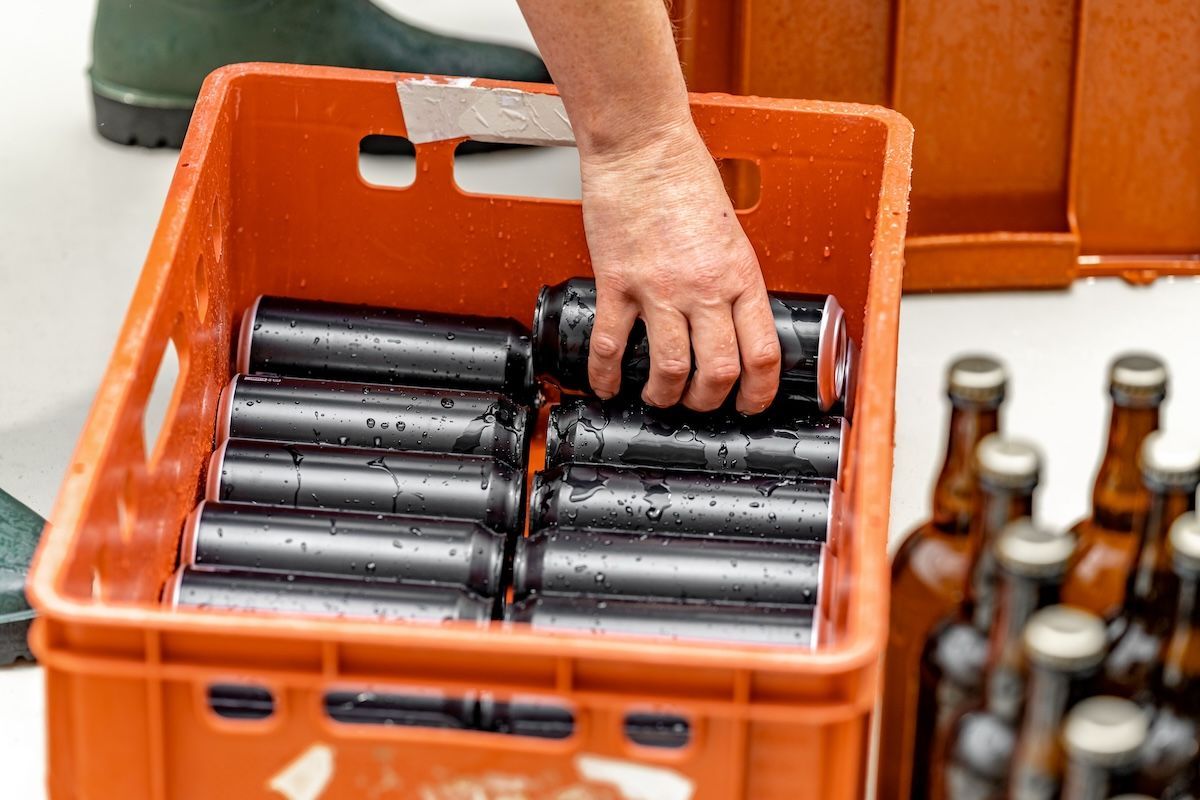
Think Beyond the Booze
Rounding out the panel was a bit of a celebrity in the beer world: Keith Villa, the Ph.D. brewmaster who created Blue Moon for Coors and now runs a 100% alcohol-free (AF) brand named Ceria Brewing Company. Keith believes that non-alcoholic (NA) and AF beers will eventually make up to 5-8% of the overall beer market. And that’s on the conservative side. Keith quotes Bill Shufelt, the co-founder and CEO of the NA behemoth– and Crafted ERP customer – Athletic Brewing Company, as saying the segment will soon represent 12-15% of the category.
“I’ve seen a lot of NAs coming up on the shelves because brewers are looking for additional revenue streams, and NA beer is one of those things where they can make it fairly fast, fairly cheaply and get it out there quickly. You don’t have to pay federal excise tax on NA beer because there’s no alcohol tax. So it’s a nice way for breweries to jump in and make it and make some money.”
At its inception, Ceria was designed to include THC and CBD, but the complexities involved – not to mention the incredibly high tax rate on cannabis – eventually proved too much to absorb. Instead, Keith focused on creating AF beer or, as customers call it, “plant-based beverages.” Given that the U.S. FDA allows NA beer to measure up to 0.5%, Ceria’s 0.0% completely alcohol-free offerings are unique in the market and are answering a consumer need that hasn’t been heeded well in the past. And in stark contrast to the tangle of regulations around cannabis and the three-tier distribution system that has befouled alcohol producers since prohibition, the government allows Ceria to sell directly to the consumer.
If it hasn’t already been made clear: Keith is an inventor. While building the CERIA brand in Colorado and beyond with his family, he’s also working on patents (yes, more than one) to dramatically shorten the brewing process – and reduce costs while he’s at it. “Necessity is the mother of invention,” he said. “You’ve heard that it is true. We needed to cut costs. So figure out a way to make our beer in just 8 hours, which is crazy…you just have to look and figure out how you can improve your process to cut costs without risking quality. You’ve got to have great quality all the time because the minute the quality drops, the customers walk.”
Think of the Future
There’s no doubt that brewers are facing new and different challenges in the post-COVID world. People are looking for other options. Breweries are closing or being acquired on a near daily basis. Big beverage conglomerates are entering the bev-alc market for the first time with a whole range of alcoholic teas, seltzers and canned cocktails to further erode market share. Those that will survive are, like our panelists and Maui Brewing, those who constantly seek to understand costs, to decrease costs, and to diversify revenue streams in ways that are aligned with their values, passions and talents.
About Our Author: Kristin Steele
Kristin Steele is co-founder of Doozy Solutions, the company behind Crafted ERP, where she drives corporate strategy and oversees both internal and customer-facing initiatives. With her personable and friendly nature, Kristin supports customers with job function analysis, requirements collection, strategic planning, operational management and project phase scoping. She also currently serves on the 2024 Craft Brewers Conference Seminar Subcommittee. Outside of her role at Doozy, Kristin and her husband own and operate a boutique vineyard and winery in the Willamette Valley of Oregon.
